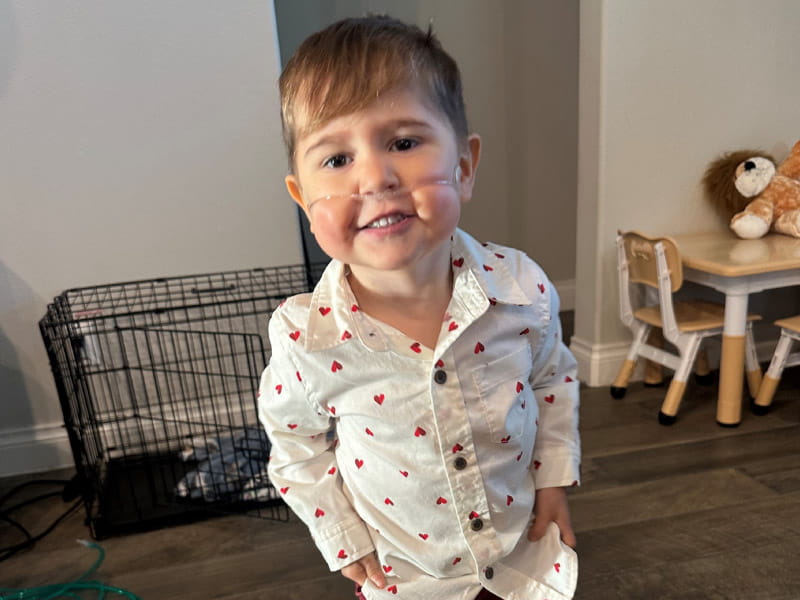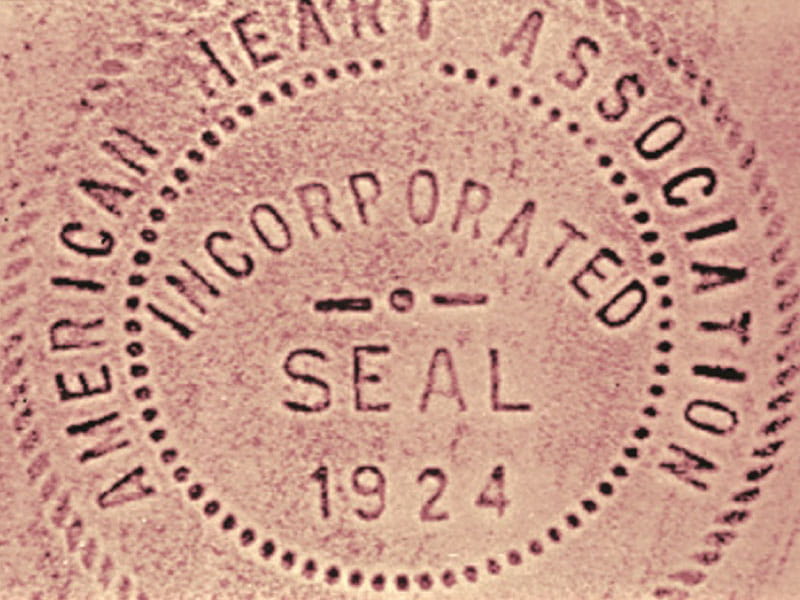
 American Heart Association
American Heart Association Help Turn Bystanders Into Lifesavers
Donate now to help save lives from heart disease and stroke — and build a Nation of Lifesavers through essential CPR training.

Move More. Stress Less.

Regular physical activity benefits you in so many ways – and it’s easier than you might think to make it a habit. Working small, positive steps into your daily life can help you build a healthier routine.
Ready to Tackle Spring Cleaning?

Tidying up the home has more health-related twists than you might expect. Experts offer a laundry list of ways health and household chores are linked.
Scientific Sessions 2024 – Submit Your Science

Cardiovascular science and medicine professionals, submit your best scientific discoveries. Don’t miss the opportunity to give your findings the global spotlight at Scientific Sessions 2024 this November 16-18 in Chicago, IL. Be part of AHA’s Centennial program and put your science at the forefront of our 100-year celebration.
The AHA Turns 100
For 100 years, the American Heart Association, along with our volunteers, supporters and collaborating organizations, has worked to build longer, healthier lives. And there’s no letting up in the next 100 years as we remain devoted to a future of health and hope for everyone, everywhere.
Join 100 Ways In 100 Days
To celebrate our 100-year anniversary, we have a gift for you! Join our FREE, exclusive program to get an email each week for the next 100 days providing you with valuable health tips on eating better, moving more, and improving overall wellbeing.
Make 2024 your best year yet!

Spring into Healthier Eating
Spring is in the air. Whether you're snacking on-the-go or cooking dinner for the family, there's a heart-healthy recipe to pair with a sunny afternoon on the patio or a rainy evening at home.
News and Stories



